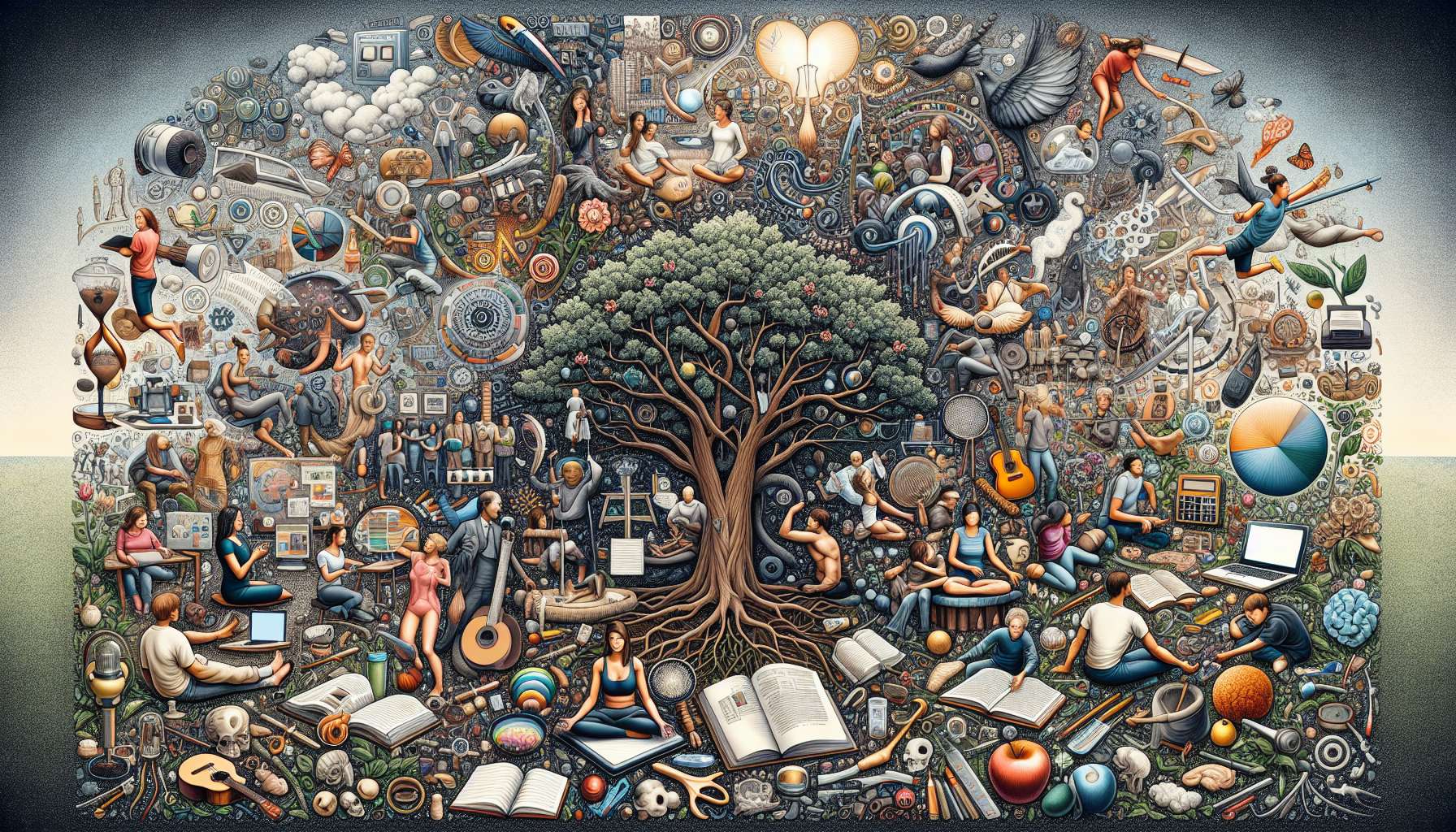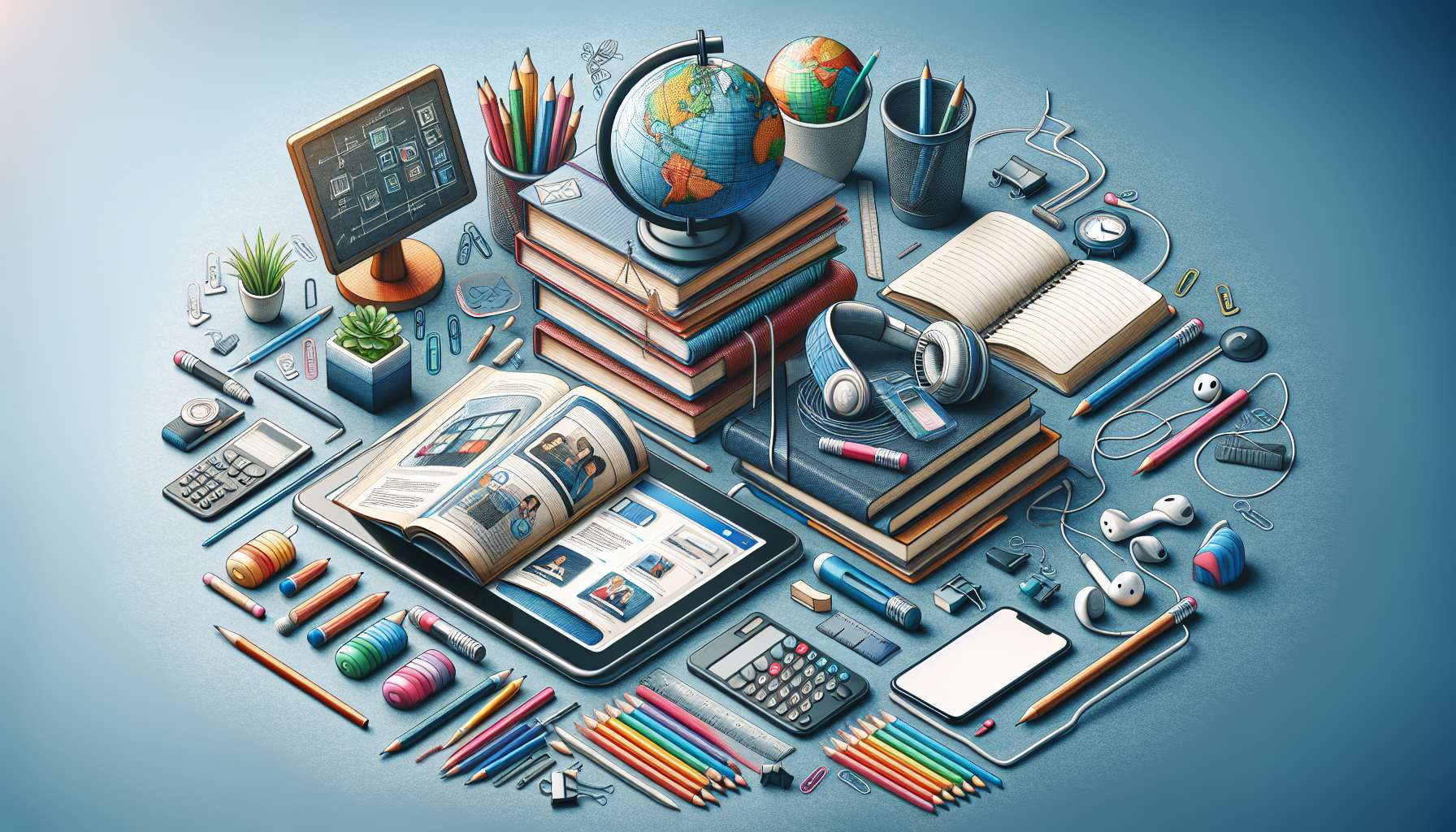Unlocking Success: A Deep Dive into Core Skill Development
Have you ever wondered what sets successful individuals apart from the rest? What are the essential skills that pave the way for personal and professional growth? The answer lies in the realm of core skill development. This concept is not just limited to improving technical abilities but encompasses a wide range of competencies that are fundamental to achieving success in various aspects of life. In this comprehensive guide, we will explore the intricate world of core skill development, delving into its importance, key components, and effective strategies for honing these vital skills.
The Foundation of Core Skill Development
At its core, core skill development refers to the process of enhancing essential skills that are crucial for success in both personal and professional spheres. These skills serve as the building blocks for achieving goals, overcoming challenges, and thriving in a rapidly evolving world. While technical expertise is undoubtedly valuable, core skills encompass a broader set of competencies that enable individuals to communicate effectively, think critically, adapt to change, and collaborate with others.
One of the key aspects of core skill development is self-awareness. Understanding one’s strengths, weaknesses, and areas for improvement is essential for personal growth. Through self-assessment and reflection, individuals can identify the core skills they need to develop and create a roadmap for their personal and professional development.
Components of Core Skill Development
Core skill development comprises a diverse set of skills that can be broadly categorized into several key areas:
Communication Skills
Effective communication is a cornerstone of success in all areas of life. From articulating ideas clearly to active listening, communication skills play a vital role in building relationships, resolving conflicts, and conveying information effectively. Developing strong communication skills involves practicing active listening, honing public speaking abilities, and mastering written communication.
Critical Thinking
Critical thinking is the ability to analyze information, evaluate arguments, and make informed decisions. This skill is essential for problem-solving, decision-making, and navigating complex situations. By developing critical thinking skills, individuals can approach challenges with a logical and analytical mindset, leading to more effective solutions and better outcomes.
Creativity and Innovation
Creativity and innovation are crucial for driving progress and finding novel solutions to existing problems. By cultivating a creative mindset, individuals can think outside the box, generate new ideas, and adapt to changing circumstances. Creative thinking is not limited to artistic endeavors but can be applied to various fields, from business to technology.
Collaboration and Teamwork
Collaboration and teamwork are essential skills for success in today’s interconnected world. Working effectively with others, sharing ideas, and leveraging collective strengths are key aspects of collaboration. By developing strong teamwork skills, individuals can build positive relationships, foster a sense of unity, and achieve common goals.
Adaptability and Resilience
Adaptability and resilience are critical in an ever-changing environment. The ability to embrace change, overcome setbacks, and bounce back from challenges is essential for personal growth and success. By cultivating adaptability and resilience, individuals can navigate uncertain situations with confidence and emerge stronger from adversity.
Strategies for Developing Core Skills
While core skills are essential for success, developing these skills requires time, effort, and dedication. Here are some effective strategies for honing core skills:
Continuous Learning
Learning is a lifelong process, and acquiring new knowledge and skills is essential for personal and professional growth. Engaging in continuous learning through formal education, online courses, workshops, and self-study can help individuals expand their skillset and stay ahead in a competitive world.
Practice and Feedback
Practice is key to mastering any skill. By regularly practicing core skills such as communication, critical thinking, and collaboration, individuals can improve their proficiency and confidence. Seeking feedback from mentors, peers, or coaches can provide valuable insights for further improvement.
Setting Goals
Setting clear, achievable goals is essential for skill development. By defining specific objectives and milestones, individuals can track their progress, stay motivated, and hold themselves accountable for their growth. Setting SMART goals (Specific, Measurable, Achievable, Relevant, Time-bound) can help individuals focus their efforts and make meaningful strides in their development.
Seeking Mentorship
Mentorship can be a valuable resource for skill development. By learning from experienced mentors, individuals can gain insights, guidance, and support as they navigate their personal and professional growth. Mentors can provide valuable feedback, share their expertise, and offer encouragement to help individuals reach their full potential.
Expert Opinions
We reached out to experts in the field of personal development and skill enhancement to gather their insights on core skill development:
Dr. Jane Doe, Psychologist: “Core skill development is essential for building a strong foundation for success. By honing essential skills such as communication, critical thinking, and adaptability, individuals can unlock their full potential and thrive in today’s fast-paced world.”
John Smith, Career Coach: “Developing core skills is a continuous journey that requires dedication and perseverance. By investing in skill development, individuals can position themselves for growth, advancement, and fulfillment in their personal and professional lives.”
Common Misconceptions
Despite the importance of core skill development, there are some common misconceptions surrounding this topic:
Core Skills are Fixed
One common misconception is that core skills are innate and cannot be developed. In reality, core skills can be cultivated and improved through practice, learning, and experience. By investing time and effort in skill development, individuals can enhance their abilities and reach new levels of proficiency.
Core Skills are Limited to Technical Abilities
Another misconception is that core skills are limited to technical abilities. While technical skills are important, core skills encompass a broader set of competencies, including communication, critical thinking, collaboration, and adaptability. Developing these core skills is essential for success in all areas of life.
Conclusion
To wrap things up, core skill development is a fundamental aspect of personal and professional growth. By honing essential skills such as communication, critical thinking, creativity, collaboration, adaptability, and resilience, individuals can unlock their full potential and achieve success in a rapidly changing world. Investing in skill development, setting clear goals, seeking mentorship, and engaging in continuous learning are key strategies for enhancing core skills and positioning oneself for growth and advancement. Remember, core skill development is not just about acquiring knowledge but about building a strong foundation for success that will serve you well throughout your life.




